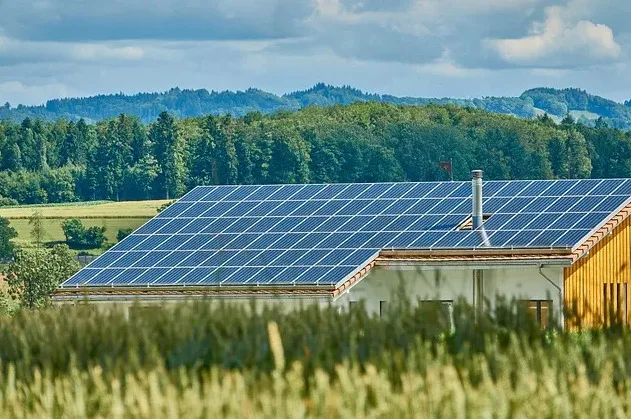Survivalism today has taken on a new meaning. In the past, survivalism was mainly associated with the idea of preparing for natural disasters such as hurricanes, floods, and earthquakes.
Now, it encompasses a much broader range of scenarios, including economic collapse and pandemics.

Survivalism today
Survivalism is a mindset and a lifestyle that involves being prepared for a wide range of scenarios. It goes from natural disasters and power outages to economic collapse and geopolitical instability. So, it involves having the knowledge and resources to survive in critical situations. Otherwise it might cause panic.
The recent pandemic provoked lockdowns and supply chain disruptions. Therefore, many people have been forced to consider the possibility of being cut off from their regular sources of food, water, and other necessities. Likewise people living in difficult areas suffer when natural disasters occur or during political unrest.
These events have highlighted the need for people to be better prepared for unforeseen situations. And they are aware of the necessity to stockpile food and supplies or learn new skills.
While survivalism can be seen as a response to a increasingly unstable world, it is also grounded in a long tradition of self-reliance and preparedness.
Survivalists are also known as preppers

These individuals actively prepare for disasters, both natural and man-made. They stockpile food, water, and medical supplies. This lifestyle has become more popular in recent years. And, more and more people become interested in self-sufficiency and emergency preparedness.
One of the key elements of survivalism is the idea of self-sufficiency. This means being able to provide for the basic needs of oneself and one’s family. such as food, water, shelter, and medical care, without relying on outside assistance.
-without forgetting one’s pets.
One reason for the rise in prepping is the growing sense of uncertainty in the world. Natural disasters such as hurricanes, earthquakes, and wildfires are becoming more common. Moreover, man-made threats like terrorism and cyber attacks are always a possibility. In addition, economic instability and political turmoil can lead to shortages and chaos.
For preppers, the key to survival is preparation. They simply try being cautious and responsible. They point out that emergency preparedness is a civic duty. So, the more people who are prepared for disasters, the less strain there will be on emergency services and resources. Thus, they try to plan for the unexpected.
How to prepare for survival

This might involve stocking up on supplies and learning how to grow your own food, purify water, and perform basic first aid.
One of the most significant shifts in survivalism today is the increased emphasis on self-reliance. Many people are no longer content to rely on government agencies to provide for them during a crisis. Instead, they are taking matters into their own hands by stockpiling food, water, and medical supplies, learning how to hunt and grow their own food, and honing their survival skills.
Another trend in survivalism today is the growing popularity of off-grid living. More and more people are disconnecting from the electrical grid. Some of them build sustainable homes powered by renewable energy sources such as solar panels and wind turbines. This not only allows them to reduce their dependence on the power company but also gives them greater control over their own energy production and consumption.
They learn how to protect their family and defend their home in the event of a crisis. It also means creating a safe and secure home environment by fortifying doors and windows and installing security systems.

